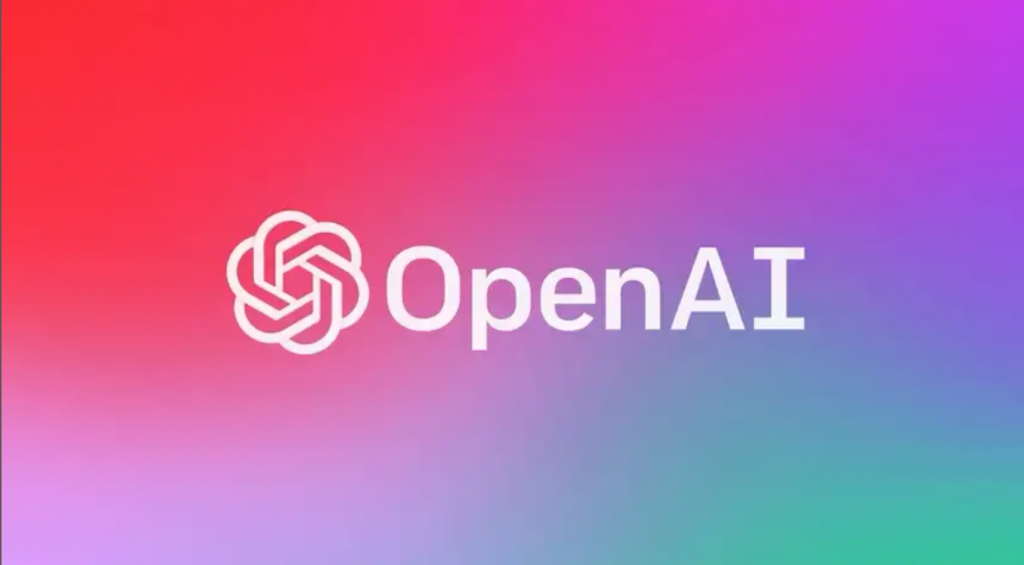
OpenAI blamed a possible cyber attack for the “periodic outages,” claiming they were caused by a Distributed Denial of Service (DDoS) attack that appeared to have ties to Russia.
Prior to Internal Upheaval, OpenAI Struggled with DDoS Attacks on ChatGPT
On November 9th of this year, Victor Tangermann, a writer with futurism.com, brought up a nagging issue that recently plagued the world’s leading chat AI company. OpenAI has probably been getting the most attention from the media since it first released ChatGPT in November of 2022. Now the computer world is abuzz with several versions of chatbots. Many are company-created bots like Walmarts to help you navigate only Walmart stores.
But as good as these new algorithms are, they are not invulnerable to basic old-time hacking.
Service Denial
As almost anyone who has used a company or corporate computer system can tell you, getting hacked has been a common occurrence for many years. And while security has been ramped up across the world, there are still just as many hackers using the newest equipment to try to interrupt your business. OpenAI isn’t immune to such hackers it appears.
Outages happened for more than a day, with some users unable to log in, while others were greeted with the message that:
“ChatGPT is at capacity right now.”
In a release, posted online, OpenAI blamed a possible cyberattack for the “periodic outages,” triggered by an “abnormal traffic pattern reflective of a DDoS attack,” referring to a distributed denial-of-service attack, which is when hackers target a server by overwhelming it with a flood of traffic.
Russian Links
With what feels like a non-stop effort by the Russian internet trolling services, even this purported hack highlights the kind of persistent infrastructural vulnerabilities that plague even the largest and most cutting-edge players on the internet:
“…even if you’re developing world-changing AI, it can clearly be hard to keep a website operational day-to-day.”
OpenAI reported that their competitors were also experiencing cyber attacks. This makes it more likely the work of an alleged Russian troll farm.
Killnet
The last report from OpenAI regarding the outages and according to Downdetector, problems with the company’s services were ongoing. It’s still unclear what the exact cause of the outages was. According to Telegram messages reviewed by TechCrunch, a hacktivist group called Anonymous Sudan, which is linked to pro-Russian hacktivist collective Killnet, took credit.
War-Related Attack
The group known as Anonymous Sudan had this to say about their supposed involvement with this ongoing interruption to OpenAI:
As far as a motive goes, a member of the hacktivist group posted on Telegram that it was targeting ChatGPT due to it having a “general biasness [sic] towards Israel and against Palestine,'” according to Forbes.com.
Stay Tuned. This story will have more to it by the time all the truth comes out.
read more at futurism.com







Leave A Comment